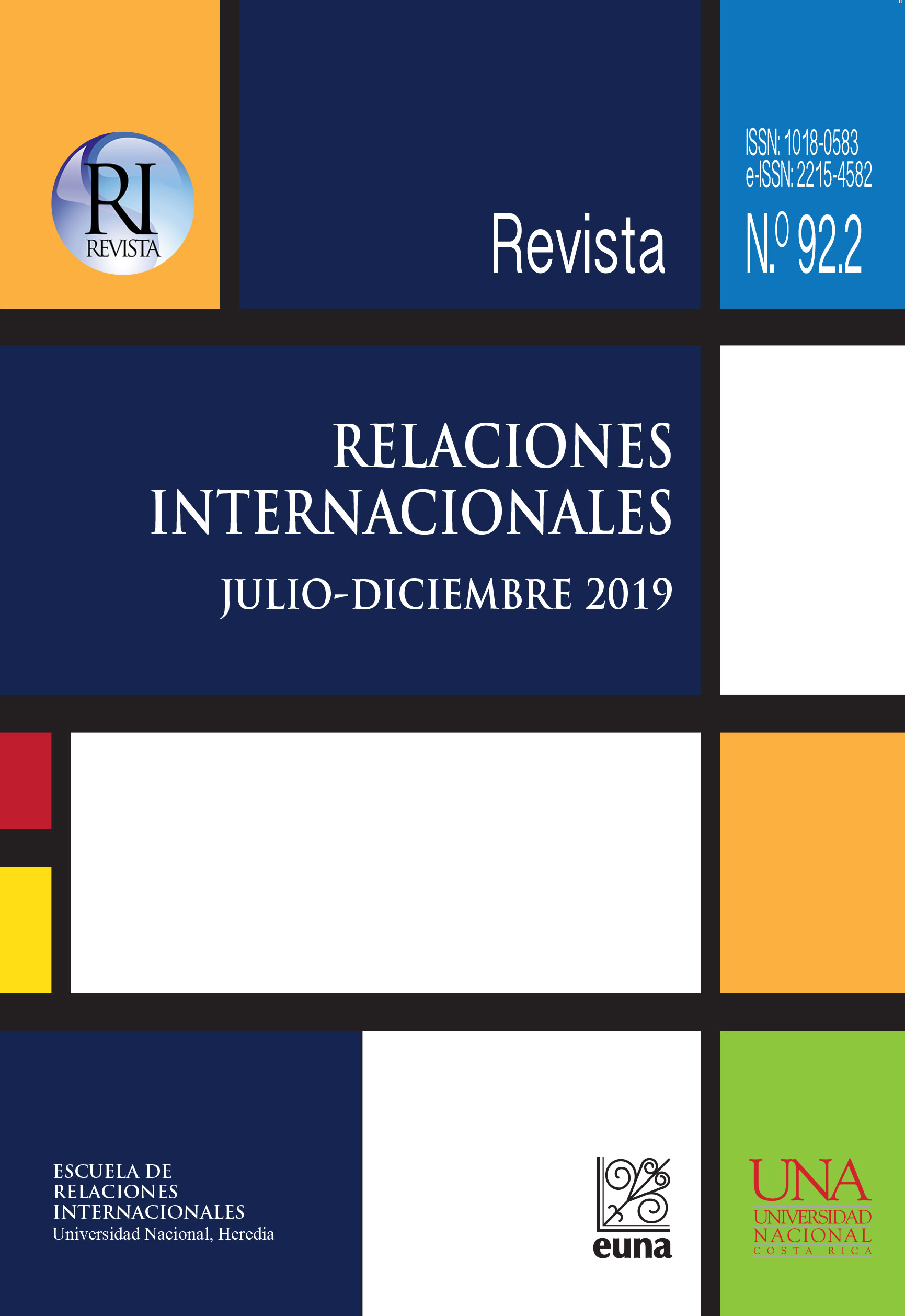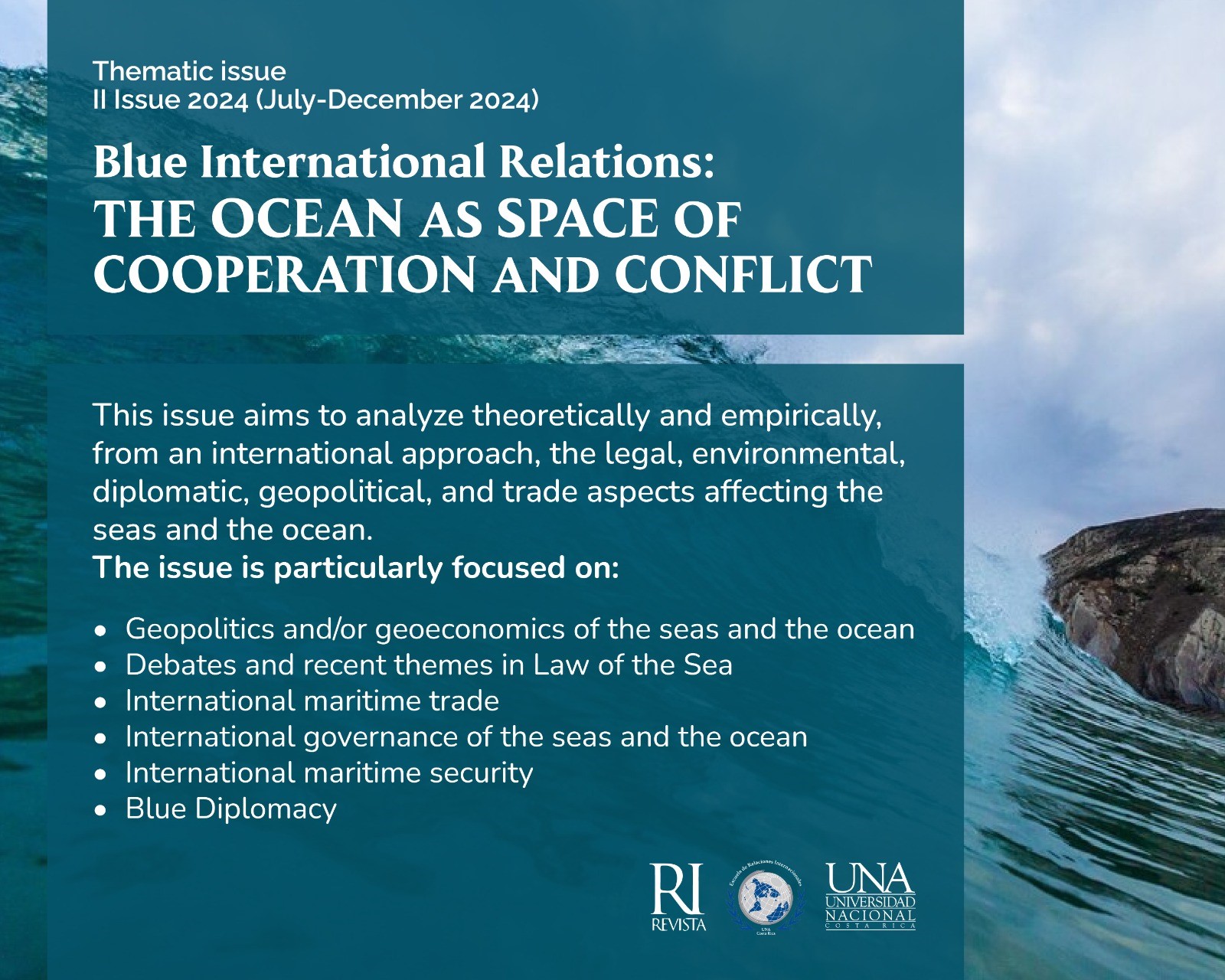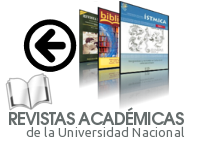La economía política del comercio justo y la teoría del desarrollo: implicaciones en el mercado del café costarricense (1990-2017)
DOI:
https://doi.org/10.15359/ri.92-2.1Keywords:
Development, Dependency, Theories, Fair Trade, Costa Rica, CoffeAbstract
With respect to the premises of fair trade, its initiatives experienced a metamorphosis between the 1940s and late 1980s. Through the iconic dependency and "development of underdevelopment" schools of thought, the evolution of the development theory has shaped fair trade premises and principles. Despite the fact that these schools of thought contended the premises of neoliberal markets, their intention to change the world trading system and its unequal exchange was the result of a limited application of social relations of production rather than economic exchange relations. These factors, in addition to the declining role of the State in development during the late 1980s, the collapse of the Soviet Union, and the counter-revolution of neoliberalism in the early 1990s, led to the redirection of the focus of fair trade initiatives.
The resurgence of neoliberal market forces starting in the 1990s led the fair trade network (what was left of the fair trade movement born in the 1940s) to implement market-friendly strategies to better position themselves in the international mainstream market. Despite the fact that the neoliberal counter-revolution led to the revival of the fair trade network, this does not mean that the network lost its original premises of fair prices and fair exchange or its loyalty to its Southern partners. Its new reality is promising, but its new “dependency” on market-friendly approaches could also continue to shape its raison d’être.
References
Amin, S. (1974). Accumulation on a world scale: a critique of the theory of underdevelopment. Monthly Review Press, vol. 2. Retrieved from https://monthlyreview.org/product/accumulation_on_a_world_scale/
Bacon, C. (2004). Confronting the coffee crisis: can fair trade, organic and specialty coffees reduce small-scale farmer vulnerability in Northern Nicaragua? Science Direct, 33:497511.
Baran, P. (1957). The political economy of growth. United States: Monthly Review Press. New York: John Calder Publishers.
Baran, P. & Sweezy, P. (1966). Monopoly capital: an essay on the American economic and social order. New York: Monthly Review Press.
Barratt Brown, M. (1993). Fair trade: reform and realities in the international trading system. London, England: Zed Books.
Cardoso, F. (July- August 1972). Dependent capitalist development in Latin America, New Left Review. London. Retrieved from https://newleftreview.org/issues/I74
Cardoso, F. & Faletto, E. (1979). Dependency and development in Latin America. Los Angeles, United States: University of California Press.
Cypher, J. & Dietz, J. (1997). The Process of economic development. London, England: Routledge, p. 169-197.
Ehrlich, S. (2018). The Politics of fair trade: moving beyond free trade and protection. New York, United States: Oxford University Press.
Fairtrade Labelling Organizations International -FLO- (reports from 2009, 2010, 2011, 2012, 2013,2014, 2015, 2016 and 2017). The Benefits of Fairtrade: A Monitoring and Evaluation Report of Fairtrade Certified Producer Organisations for 2008 (2nd ed.). Bonn, Germany. Retrieved from https://monitoringreport2016.fairtrade.net/en/
Frank, A. G. (1969). Latin America: underdevelopment or revolution. Essays on the development of underdevelopment and the immediate enemy. New York, United States: Monthly Review Press.
Fridell, G. (2007). Fair trade coffee: The prospects and pitfalls of market-driven social justice. Toronto, Canada: University of Toronto Press.
Giovannucci, D. & Koekoek, F. (2003). The state of sustainable coffee: a study of the northern twelve major markets. London, England: International Coffee Organization.
Helleiner, E. (1994). States and the reemergence of global finance: from Bretton Woods to the 1990s. New York, United States: Cornell University Press.
International Coffee Organization (2018). NY coffee prices Database. Retrieved from http://www.ico.org/
International Coffee Organization. ICO annual reviews 2011/2012, 2012/2013, 2013/2014, 2014/2015, 2016/2017 retrospective. Retrieved from http://www.ico.org/documents/cy2012-13/annual-review-2011-12e.pdf
Lewin, B.; Giovannuci, D.; & Varangis, P. (2004). Coffee markets: new paradigms in global supply and demand. (The International Bank for Reconstruction and Development, Agriculture and Rural Development, Discussion Paper 3), Washington: World Bank. Retrieved from https://www.scirp.org/(S(lz5mqp453edsnp55rrgjct55))/reference/ReferencesPapers.aspx?ReferenceID=2039966
Paré, G.; Trudel, M.C.; Jaana, M.; & Kitsiou, S. (2015). Synthesizing information systems knowledge: a typology of literature reviews. Information & Management. 52 (2): 183–199. Retrieved from https://edisciplinas.usp.br/pluginfile.php/4126344/mod_resource/content/2/2.4.Pare%20et%20al.%202015%20-%20literature%20review.pdf
Prebisch, R. (1950). The Economic Development of Latin America and its Principal Problems. New York: Economic Commission for Latin America. Retrieved from https://repositorio.cepal.org/bitstream/handle/11362/29973/002_en.pdf?sequence=1&isAllowed=y
Raynolds, L. T. (2000). Re-embedding global agriculture: the international organic and fair trade movements. Agriculture and Human Values, 17(3), 297-309, Retrieved from https://link.springer.com/article/10.1023/A:1007608805843
Redfern, A. & Snedker, P. (2002). Creating market opportunities for small enterprises: experiences of the fair trade movement. Geneva, Switzerland: International Labor Organization. Retrieved from http://www.oit.org/wcmsp5/groups/public/---ed_emp/---emp_ent/ ifp_seed/documents/publication/wcms_117707.pdf
Reinecke, J. (2010). Beyond a subjective theory of value and towards a 'fair price': an organizational perspective on Fairtrade minimum price setting. Organization, 17(5), 563–581. Retrieved from http://www.socioeco.org/bdf_fiche-document-3384_en.html
Reinecke, J.; Manning, S.; & von Hagen, O. (2012), The emergence of a standards market: multiplicity of sustainability standards in the global coffee industry, organization studies, 33(5), 6, 789-812. Retrieved from https://ssrn.com/abstract=1970343
Renard, M. (January 2003). Fair trade: quality, market and conventions. Journal of Rural Studies 19(1):87-96.
Ruggie, J. (1982). International regimes, transactions, and change: embedded liberalism in the postwar economic order, international organization. Volume 36, Issue 2, International Regimes, p. 379-415. Retrieved from http://ftp.columbia.edu/itc/sipa/U6800/readings-sm/rug_ocr.pdf
Singer, H. (1950). The distribution of gains between investing and borrowing Countries, American Economic Review 40: 473-85.
Singer, H. (1984). "The terms of trade controversy and the evolution of soft financing: early years and the UN", pp. 275-303 in Gerald Meier and Dudley Seers (eds), Pioneers in Development. Oxford: Oxford University Press.
Singer, H. (1989). Terms of trade and economic development, pp. 323-8 in John Eatwell et al. The New Palgrave: Economic Development. New York: W. W. Norton.
United Nations (1949). Relative prices of exports and imports of underdeveloped countries. New York: United Nations. Retrieved from www.questia.com
VanderHoff Boersma, F. (2001). “Economía y Reino de Dios: neoliberalismo y dignidad opuestos que viven juntos”. Christus 723.
Published
How to Cite
Issue
Section
License

Revista de Relaciones Internacionales por Universidad Nacional de Costa Rica está bajo una Licencia Creative Commons Atribución-NoComercial-SinDerivar 4.0 Internacional








1.png)







3.png)
